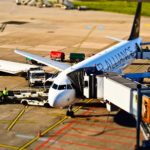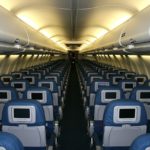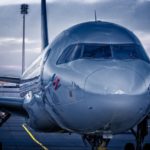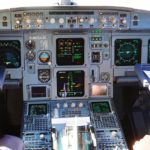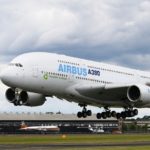Aircraft cleaning training is teaching courses or on the job the internship to develop skills and knowledge that relate to specific aircraft equipment cleaning competencies. Cleaning training & certification has specific goals of improving one’s capability, capacity, productivity and performance.
Why Aircraft Cleaning Training Courses are Important?
Aircraft cleaning operators should provide adequate training to ensure that every crew member is aware of manual handling hazards and the mechanisms in place to control them. Manual handling training should be carried out prior to the commencement of cleaning duties as a crew member, both cabin and flight crew. Training should be appropriate, targeted and reinforced periodically and take account of any emerging trends from incident data.
The cleaning operators should ensure that the techniques learnt in training are applied in operational situations through an adequate monitoring regime. Cleaning crew members must implement the techniques learnt when undertaking manual handling activities. The crew must report to their managers any difficulties in implementing the handling techniques learnt.
How Long the Training Courses should be?
Training should be of adequate length to cover the relevant manual handling tasks. It should be targeted to the tasks and contain practical elements as required.
Cleaning Safety Training
The cleaning crew should be taught to identify their personal limitations and address the importance of the correct manual handling techniques. This should include the importance of the use of dynamic assessment throughout the working day to ensure they remain within their own safe handling limits. The aircraft cleaning crew members must report any injury that impacts on their ability to undertake manual handling activities.
Risk identification, information on potentially hazardous manual handling operations and awareness of common injuries should be included in the education material provided to crew and training designed to reflect and reduce such identified risks.
The factors outlined in the guidance to the Manual Handling Operations Regulations should be included in any training programme (avoidance of hazards, dealing with unfamiliar loads, the importance of housekeeping).
Exercise and the importance of taking care of the back should be included in the training material.
Training should include the incident reporting protocol and the importance that the protocol has in developing future prevention measures.
Periodic training reviews should be undertaken. These reviews should include consultation with cleaning crew member employee health and safety representatives and take account of any appropriate consultation guidelines. Reviews should include evaluation of crew manual handling injuries information in order to improve training practices.
British Certificate in Aviation (Aircraft Cleaning) – Level 2
The purpose of this qualification is to recognise individuals who have attained the skills required to safely perform specialised aircraft cleaning operations. The aviation industry will benefit from having Aircraft Cleaners who are capable of working within a team with general supervision.
British Certificate in Aviation (Ground Handling) with strands – Level 3
The purpose of this qualification is to recognise individuals who have attained the skills required to safely perform aviation ground handling operations in air cargo or ramp. The aviation industry will benefit from having Air Cargo personnel and Ramp Operators who are capable of working with minimal supervision within a team.
British Certificate in Airport Operations with strands – Level 4
The purpose of this qualification is to provide the airports’ sector of the aviation industry with individuals who have attained sufficient operational skills and knowledge to provide safe, secure and customer-friendly airport facilities, for domestic and/or international travellers.
British Diploma in Airport Operations – Level 5
The purpose of this qualification is to provide the airports’ sector of the aviation industry with individuals who have attained sufficient operational knowledge and skills to carry out specialist supervisory, management, regulatory compliance, and enforcement roles at an airport.

